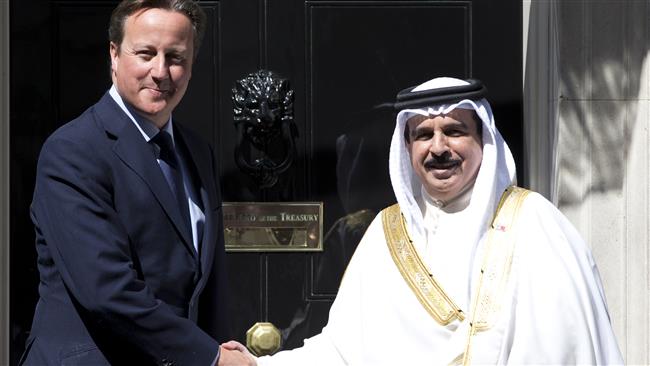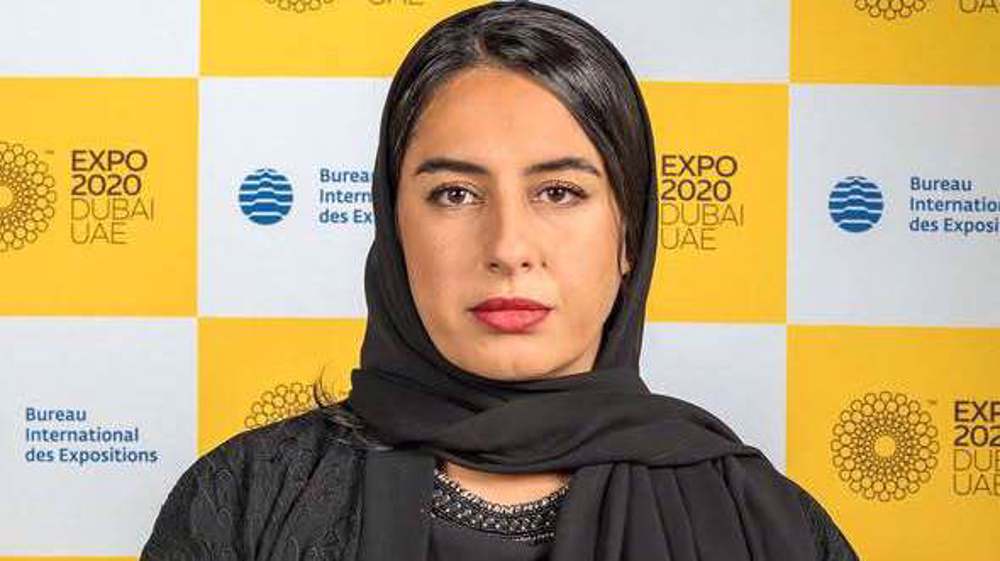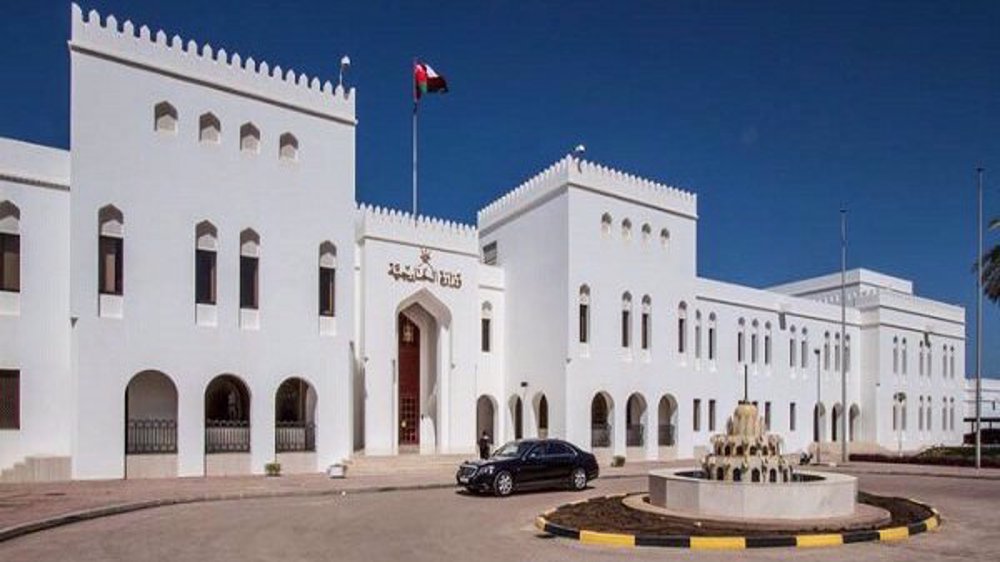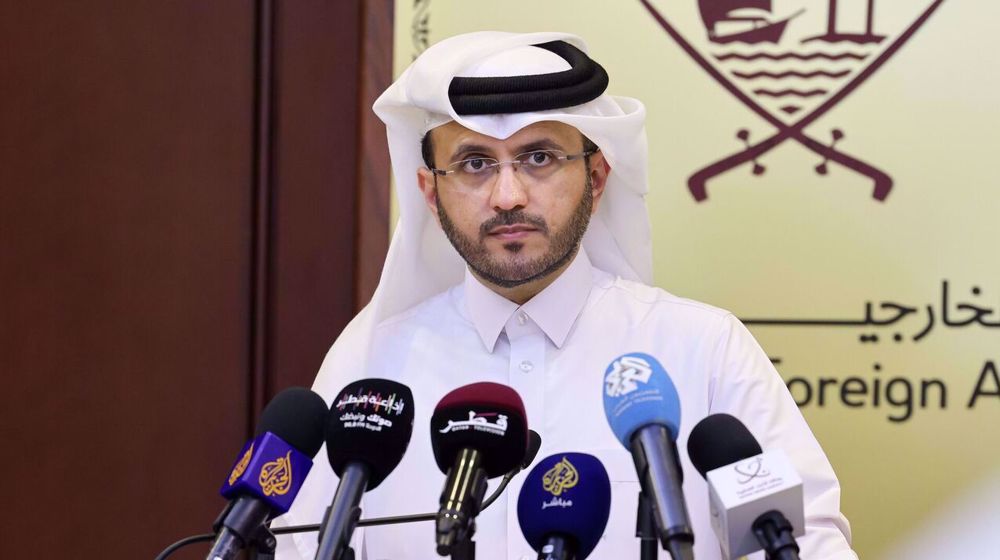UK ex-premier visits Bahrain, shunning rights abuse concerns
Former British Prime Minister David Cameron has visited Bahrain for talks with the sheikhdom’s crown prince and business leaders despite growing concerns about the ongoing human rights violations by the Manama regime.
Cameron, whose term in office saw the closest ever diplomatic and military ties with Bahrain, arrived in Manama earlier this week and met Crown Prince Salman bin Hamad Al Khalifah.
Cameron also visited the headquarters of the Bahrain Economic Development Board (BEDB) and met with Bahrain’s transport and telecommunications ministers.
Pro-democracy campaigners have expressed concern over the visit amid speculations that Cameron could follow in former premier Tony Blair’s footsteps and use his international contacts for personal business gains.
“During his term as prime minister, Cameron paid little regard to human rights in Bahrain, and now, without the obligations or responsibility of office, he is likely to go the way of Tony Blair, using his elite network for lucrative personal gain,” the Middle East Eye news portal quoted Marc Owen Jones, a campaigner with Bahrain Watch, as saying.
According to a report by The Guardian, Blair helped Saudi Arabian-owned oil company PetroSaudi lobby the Chinese government during his time as Middle East peace envoy in 2010.
Blair’s company received £41,000 a month and 2-percent commission on any multi-million pound deals that were secured, the report said.
Sayed Ahmed Alwadaei, director of advocacy at London-based Bahrain Institute for Rights and Democracy, lashed out at Cameron for inking multi-billion-dollar military ties with the repressive regimes in the Persian Gulf region while he was in power.
“Under David Cameron, Britain sold more than £15bn in weapons to Bahrain and Saudi Arabia and consistently failed to apply British leverage positively in Bahrain. He is no longer prime minister, and he should not use his privileged position to provide further political support for the repressive Gulf kingdom,” he added.
“The presence of the UK Ambassador at the meeting raises more questions about this visit. Former UK officials should not turn into political mercenaries for this repressive Gulf Kingdom,” he added.
It is unclear whether Cameron or the government of Bahrain paid for the trip.

Cameron’s trip comes a few weeks after UK Prime Minister Theresa May paid a controversial visit to Bahrain and other Persian Gulf kingdoms, ignoring international calls to cancel the trip due to extensive human rights violations by the royal regimes.
May has shown her reluctance to address the Al Khalifah regime’s heavy-handed crackdown on popular uprising in Bahrain, saying that human rights abuses should not affect London’s trade policy.
“No doubt there will be some people in the UK who say we should not seek stronger trade and security ties with these countries because of their record on human rights,” May noted.
Bahrain, home to US Navy’s 5th Fleet, has been rocked by a wave of anti-regime demonstrations since mid-February 2011.
Scores of people have been killed and hundreds of others wounded or detained amid Manama’s Saudi-backed crackdown on dissent and widespread discrimination against the country’s Shia majority.
Russia continues to develop relations with Iran: Kremlin
VIDEO | Friends of Palestine meet at UN in Vienna
Trump’s war-mongering on Iran sparks sharp rebuke from US lawmakers
Top American columnist warns of Netanyahu exploiting Trump for Iran war
VIDEO | Press TV's news headlines
VIDEO | Global leaders discuss AI governance at India summit
People, faith, history, sovereignty: Unpacking Leader's latest speech and warning to Trump
US troops block Lebanese forces after drone downed at shared airbase: Report










 This makes it easy to access the Press TV website
This makes it easy to access the Press TV website